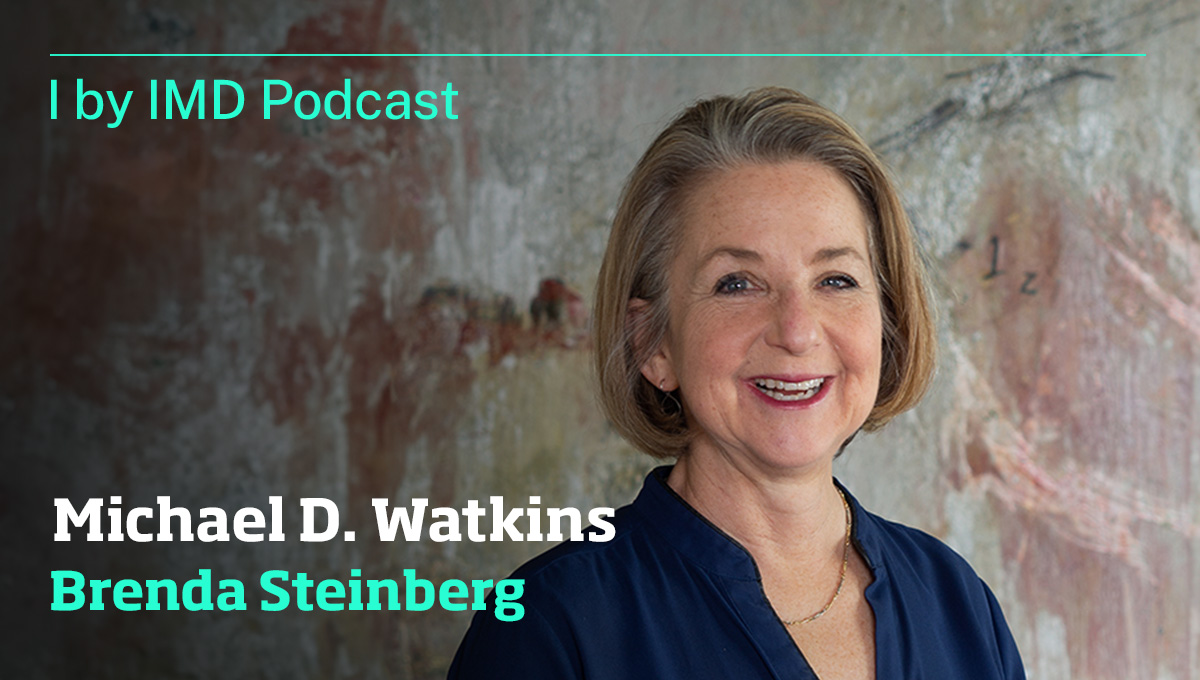Mastercard 2023: Rewired for infinite optionality
In the 2010s, card processing – Mastercard’s flagship service – started showing signs of commodification as new, nimble players (typically, fintech startups thriving on digital) entered the payment processing space, and customer preferences evolved beyond plastic cards and traditional contact payments. To re-energize its central position and its ability to capture value, Mastercard – as the incumbent – had to make bold decisions. The case details Mastercard’s approach to conceptualizing and building a global platform ecosystem that upholds the principles and design elements of modularity (i.e. interoperability and scalability) and optionality. Today, Mastercard’s services, based on application programming interfaces (APIs), integrate with a variety of platforms and offer flexibility to businesses that require customized payment solutions. All along, the company has accommodated a high level of internal disruption. The case also explores the nature of Mastercard’s systematic collaboration with fintechs – players that often started out as competitors in specific parts of Mastercard’s value chain. It describes the company’s engagement with fintechs as fostering collaboration and co-creation and facilitating access; in other words, opening doors and sharing tools with partners. The case presents observations and quotes by CEO Michael Miebach, whose career trajectory at Mastercard – spanning Africa & Middle East experience, fintech partnerships, product management and the CEO role – sheds additional light on the philosophy and values that have driven the company’s transformation to a technology powerhouse and self-described original fintech.
- Discuss Mastercard’s traditional business model as a complex two-sided platform that predates today’s digital platforms and the network effects it produced.
- Using Porter’s Five Forces framework, examine the competitive and commodifying threats Mastercard was facing with the advent of digital technologies and mobile payments.
- Understand the role that APIs and open APIs have played in Mastercard’s effort to build a modular global platform ecosystem (a “network of networks”), designed for infinite optionality vis-à-vis ecosystem partners around the world.
- Appreciate the dynamics of collaboration and co-creation with fintechs that Mastercard instituted as part of its quest for modularity.
- Analyze Mastercard’s experience as an incumbent tackling disruptive innovation, as well as ongoing consolidation vs. fragmentation in the global payments industry.
Mastercard, Finance and Insurance, Financial Services
2010-2023
Cranfield University
Wharley End Beds MK43 0JR, UK
Tel +44 (0)1234 750903
Email [email protected]
Harvard Business School Publishing
60 Harvard Way, Boston MA 02163, USA
Tel (800) 545-7685 Tel (617)-783-7600
Fax (617) 783-7666
Email [email protected]
NUCB Business School
1-3-1 Nishiki Naka
Nagoya Aichi, Japan 460-0003
Tel +81 52 20 38 111
Email [email protected]
IMD retains all proprietary interests in its case studies and notes. Without prior written permission, IMD cases and notes may not be reproduced, used, translated, included in books or other publications, distributed in any form or by any means, stored in a database or in other retrieval systems. For additional copyright information related to case studies, please contact Case Services.
Research Information & Knowledge Hub for additional information on IMD publications
In late 2021, Puneet Chhatwal, CEO of Indian Hotels Company Limited IHCL, found himself grappling with a new challenge beyond the impressive growth numbers the company had achieved since his tenure began in 2017 sustainability. Having led IHCL, t...

When a Saudi consortium led by utilities giant Acwa Power signed $8.3 billion in deals this July to build seven solar and wind projects across the kingdom, it marked more than just another line entry in the country’s growing clean energy portfolio...
The emergence of AI agents and agentic systems represents a significant milestone in artificial intelligence, enabling autonomous systems to operate, learn, and collaborate in complex environments with minimal human intervention. This paper, drawi...

As companies move from generative AI (gen AI) pilots to scaled efforts with measurable outcomes, many incumbents struggle to turn ambition into impact. Despite rising adoption, most gen AI initiatives fall short on ROI, highlighting the complexity...
Research Information & Knowledge Hub for additional information on IMD publications
in I by IMD Brain Circuits 26 August 2025
Research Information & Knowledge Hub for additional information on IMD publications
Research Information & Knowledge Hub for additional information on IMD publications
in I by IMD
Research Information & Knowledge Hub for additional information on IMD publications
Case reference: IMD-7-2648 ©2025
Research Information & Knowledge Hub for additional information on IMD publications
Research Information & Knowledge Hub for additional information on IMD publications
in Journal of Computer Information Systems August 2025, vol. 65, no. 4, pp. 489-517, https://doi.org/10.1080/08874417.2025.2483832
Research Information & Knowledge Hub for additional information on IMD publications
Research Information & Knowledge Hub for additional information on IMD publications
in HBR.org 25 July 2025
Research Information & Knowledge Hub for additional information on IMD publications
Research Information & Knowledge Hub for additional information on IMD publications






